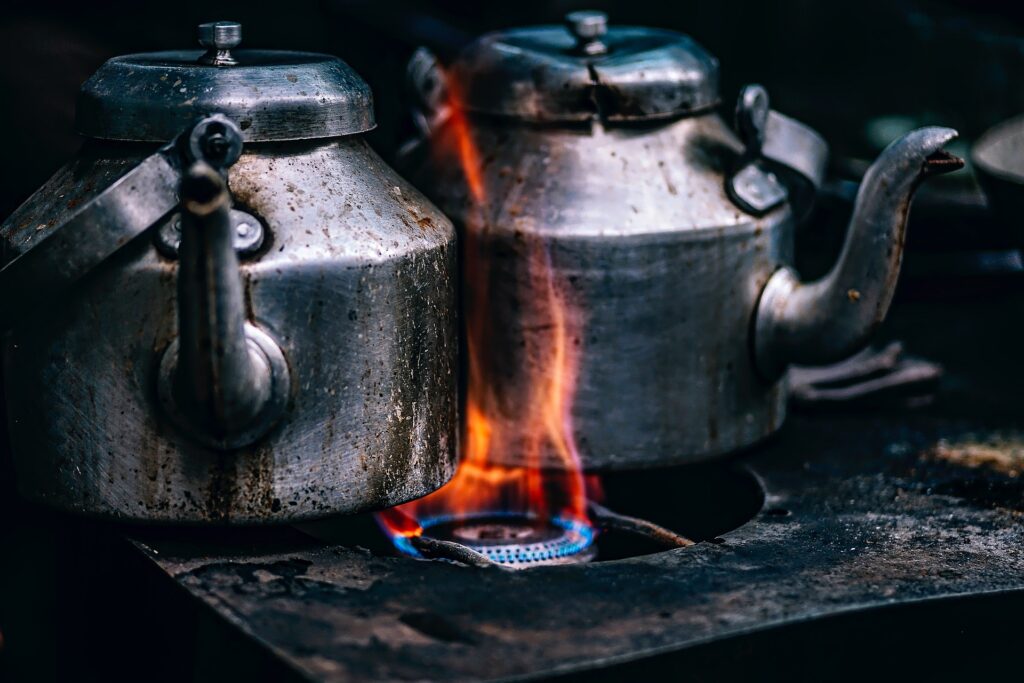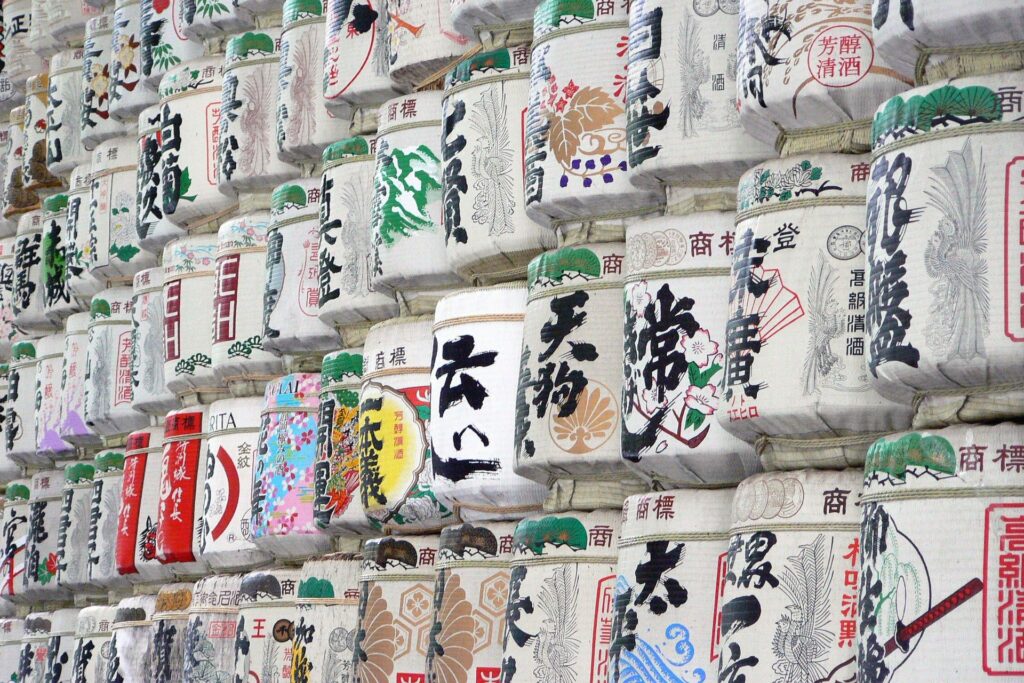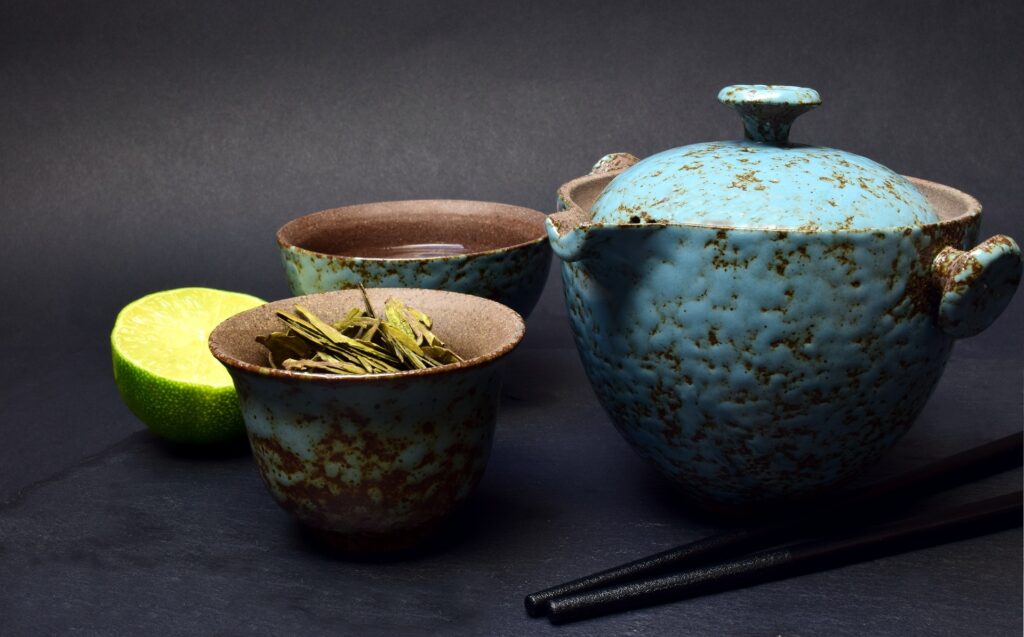In the world of exquisite teas, Keemun Tea holds an esteemed position due to its rich history, unique flavor profile, and various health benefits. Tea of Keemun, originating from China’s Qimen County, Anhui province, is renowned for its bold yet smooth taste. Its distinctive reddish-brown hue and floral aroma captivate tea enthusiasts globally.
Table of Contents

1. Historical Significance of Keemun Tea
Dating back to the late 19th century, Keemun Tea has a fascinating history linked to its creation during the Qing dynasty. Its popularity grew rapidly due to its unique flavor. The tea offers diverse varieties such as Mao Feng, Hao Ya, and Keemun Congou, each presenting distinct taste nuances and characteristics.
2. Cultivation and Production
Keemun Tea flourishes in the serene landscapes of Anhui province. Its cultivation and production involve meticulous plucking, withering, fermentation, and drying processes, resulting in its signature taste. The tea bushes grow at high altitudes, benefiting from the region’s specific climate and soil conditions, contributing significantly to the tea’s unique qualities. Tea of Keemun undergoes precise crafting methods, including withering the leaves, rolling, oxidation, and firing, culminating in its refined taste and aroma. Known for its winey and fruity undertones with a floral aroma, Keemun Tea’s complexity and depth set it apart from other teas, offering a well-rounded and robust experience.
3. Health Benefits
Keemun Tea contains abundant antioxidants, such as polyphenols, which are known for their potential in combating free radicals, thereby supporting overall health and well-being. Studies suggest that regular consumption of tea of Keemun may aid in boosting cardiovascular health, improving digestion, and even promoting mental alertness due to its caffeine content.
4. Brewing Techniques
To extract the best flavors from tea of Keemun, it’s essential to follow precise brewing techniques like. Maintaining a water temperature around 185°F to 205°F (85°C to 96°C) and steeping the tea for 3 to 5 minutes ensures a balanced and flavorful cup. Keemun Tea can be enjoyed plain or with a slice of lemon for added zest. Some enthusiasts prefer it with a touch of honey or sugar to complement its robust taste.
5. Tea of Keemun in Culinary Uses
Beyond being a beloved beverage, tea of Keemun adds depth and aroma to various culinary delights.From savory sauces and marinades to delightful desserts like tea-infused cakes or ice creams, Keemun Tea’s versatility elevates the taste profile of numerous dishes. Chefs around the world experiment with incorporating tea of Keemun in recipes, creating unique flavors and enhancing the dining experience.
6. Contrasting Tea of Keemun with Different Types of Tea
Keemun Tea stands out distinctively when compared to other types of tea due to its flavor, fragrance, and complexity. Unlike the briskness of Assam Tea or the floral notes of Darjeeling, tea of Keemun strikes a balance between boldness and smoothness, making it a favorite among tea enthusiasts.

7. Popular Brands and Sellers
Keemun Tea is available from various reputable brands and sellers worldwide. Notable brands include Teavivre, Harney & Sons, and Adagio Teas, among others. Customers can conveniently find tea of Keemun both online through dedicated tea shops or marketplaces and in specialized tea stores or select grocery outlets.
8. Keemun Tea in Traditional Ceremonies or Practices
In Chinese culture, Keemun Tea holds significance in traditional ceremonies and rituals, often being offered as a gesture of hospitality or enjoyed during social gatherings. Beyond its historical roots, tea of Keemun has gained popularity among modern consumers globally, becoming a staple in tea collections worldwide.
9. Sustainability and Ethical Production
Some tea producers emphasize sustainable practices, including eco-friendly farming methods and packaging, contributing to a more environmentally conscious tea industry. Certain brands focus on fair trade policies, ensuring ethical treatment of workers and fair wages, which resonates positively with socially conscious consumers.
10. Myths and Facts about Tea of Keemun
Addressing common misconceptions about Keemun Tea helps consumers understand its true qualities and dispels any misinformation. Answering frequently asked questions about tea of Keemun aids in providing comprehensive knowledge to potential consumers.
11. Market Trends and Innovations in Keemun Tea Industry
The Keemun Tea industry continues to evolve with new brewing techniques, innovative packaging, and increased accessibility, catering to the changing preferences of tea enthusiasts. The future holds promising opportunities fortea of Keemun, with potential advancements in production, sustainability, and global appreciation.

12. Expert Reviews and Customer Testimonials
Personal anecdotes and reviews from tea enthusiasts highlight the diverse experiences and preferences regarding Keemun Tea’s taste and qualities. Expert opinions and recommendations from tea connoisseurs provide valuable insights, guiding consumers in selecting and enjoying tea of Keemun.
13. Tea of Keemun and Mental Well-being
Many appreciate tea of Keemun for its calming properties, often enjoying it as a soothing beverage for relaxation and stress relief. The tea’s soothing characteristics offer a comforting escape from the hectic pace of daily life, providing moments of tranquility.
Conclusion
Keemun Tea, with its rich history, nuanced flavors, and potential health benefits, stands as a testament to the diversity and depth found in the world of tea. From its origins in China to its global presence, tea of Keemun remains a beloved choice among tea enthusiasts for its unique taste and cultural significance. Embracing both tradition and modernity, this exceptional tea continues to captivate palates worldwide, offering a delightful and satisfying experience.
Unique FAQs about Keemun Tea
1. Is Keemun Tea high in caffeine compared to other teas?
- Keemun Tea generally contains moderate caffeine levels, comparable to black teas, making it an ideal choice for those seeking a morning boost.
2. Can tea of Keemun be enjoyed with milk?
- While some people enjoy tea of Keemun with milk, its distinct flavors and aroma are often appreciated without any additions.
3. Are there any age-old rituals associated with Keemun Tea?
- In Chinese culture, tea of Keemun has historical connections to traditional ceremonies and is often enjoyed during special occasions or gatherings.
4. What makes tea of Keemun unique compared to other black teas?
- Tea of Keemun is distinguished by its smoothness, complexity, and floral notes, setting it apart from other black teas known for their briskness or floral qualities.
5. How can I identify high-quality Keemun Tea?
- High-quality Keemun Tea exhibits tight, slender, and well-twisted leaves, accompanied by a distinct aroma and a rich, reddish liquor when brewed.

